Synopsis
Episode three reveals how crawling transforms our understanding of the world, when our memory first develops and how we learn to talk.
- Programme: Babies: Their Wonderful World
- Episode: Becoming Independent
- Channel: BBC Two
- Broadcast year: 2018
- Psychology
Licence: ERA Licence required
UK only
Staff and students of licensed education establishments only
Cannot be adapted
Add Notes
More clips from Babies: Their Wonderful World
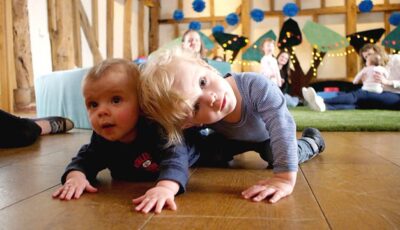
1: Becoming You | Babies: Their Wonderful World
1: Becoming You | Babies: Their Wonderful World
This episode explores how changes in the first two years of life make us individuals, how tablet use affects our babies and w...
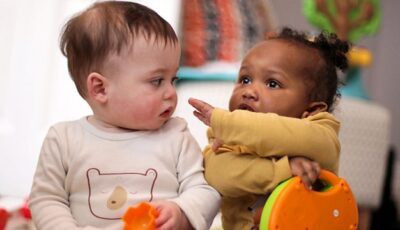
2: Becoming Social | Babies: Their Wonderful World
2: Becoming Social | Babies: Their Wonderful World
Episode two looks at why we are born to respond to faces, what makes babies laugh and how we learn to empathise with others.
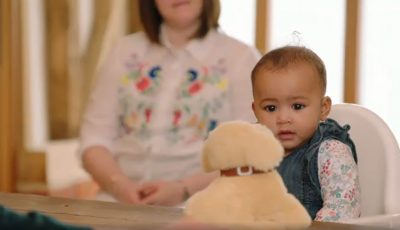
Basic temperament types | Babies: Their Wonderful World
Basic temperament types | Babies: Their Wonderful World
Dr Emily Jones believes it is possible to tell a baby's temperament at just six months, which suggests that these tra...
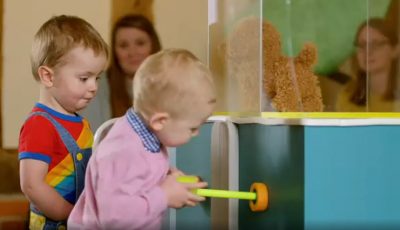
Cooperation | Babies: Their Wonderful World
Cooperation | Babies: Their Wonderful World
A simple test involving pulling two levers explores how without talking babies can communicate through coordination and cooperati...
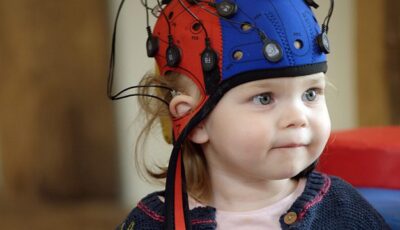
Depth perception in babies | Babies: Their Wonderful World
Depth perception in babies | Babies: Their Wonderful World
The visual cliff tests the importance of crawling for development of depth perception.
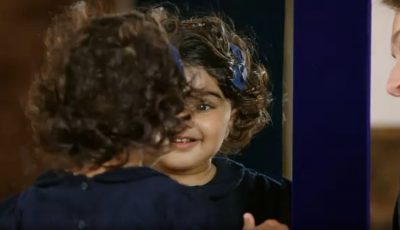
Developing a sense of self | Babies: Their Wonderful World
Developing a sense of self | Babies: Their Wonderful World
Between 16 and 24 months babies begin to realise who they are; this is shown through using a mirror as an experime...
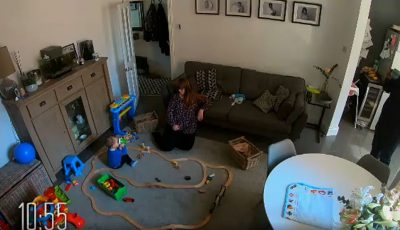
Developing interests | Babies: Their Wonderful World
Developing interests | Babies: Their Wonderful World
As babies reach 18 months, they become more independent and start to choose different activities.
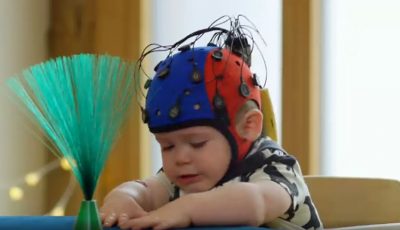
Developing self control | Babies: Their Wonderful World
Developing self control | Babies: Their Wonderful World
A simple experiment while a baby is wearing a brain scanner, measures the activity in the frontal cortex which can in...

Early language development | Babies: Their Wonderful World
Early language development | Babies: Their Wonderful World
At around their second year, babies usually have an explosion of talk but scientists know very little about this. ...

Empathy | Babies: Their Wonderful World
Empathy | Babies: Their Wonderful World
Using a baby doll and a crying sound effect, an 18-month-old expresses empathy for the doll and asks her mum for help.
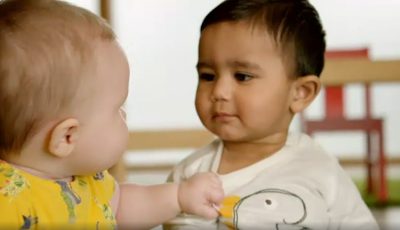
Good and bad | Babies: Their Wonderful World
Good and bad | Babies: Their Wonderful World
The researchers wonder whether babies are making decisions about good and bad before they are even taught these concepts.

Laughter and social interaction | Babies: Their Wonderful World
Laughter and social interaction | Babies: Their Wonderful World
The researchers discuss laughter in children and the important part it plays in babies' development of social...
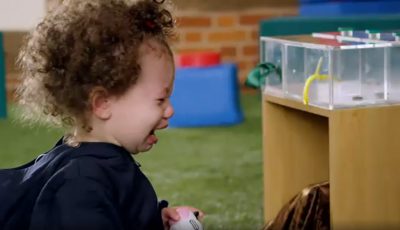
Managing tantrums | Babies: Their Wonderful World
Managing tantrums | Babies: Their Wonderful World
With a full body suit linked to a computer, the researchers measure the body statistics of a baby while she has a tantrum, ...
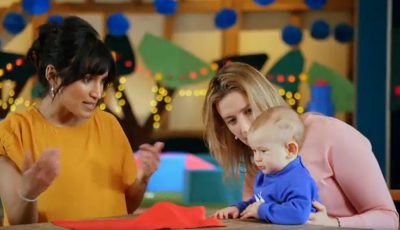
Memory and separation anxiety | Babies: Their Wonderful World
Memory and separation anxiety | Babies: Their Wonderful World
The researchers do a test in the lab to look for the first stage of memory in babies less than one-year-old.
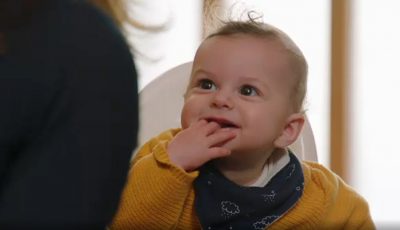
One to one attention | Babies: Their Wonderful World
One to one attention | Babies: Their Wonderful World
A simple experiment shows how important one-on-one attention can be for young babies.
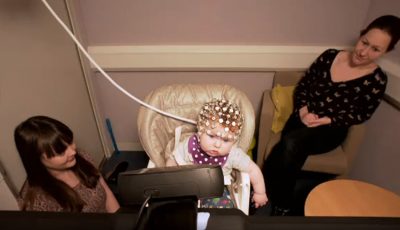
Talking to babies | Babies: Their Wonderful World
Talking to babies | Babies: Their Wonderful World
Scientists setup an experiment to find out the best way to talk to a baby.
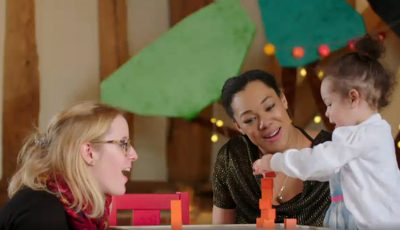
Technology on early development | Babies: Their Wonderful World
Technology on early development | Babies: Their Wonderful World
Early research suggests touchscreens may be negatively impacting on babies' sleep and attention.

The importance of crawling | Babies: Their Wonderful World
The importance of crawling | Babies: Their Wonderful World
Using a transparent floor that gives the illusion of a drop, babies are encouraged to crawl across this surface to...
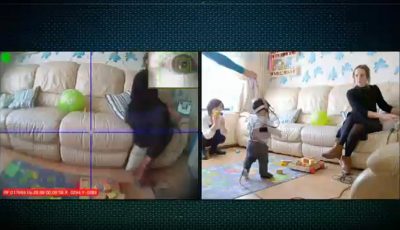
Walking | Babies: Their Wonderful World
Walking | Babies: Their Wonderful World
Using technology, the researchers explore how babies' perception of the world changes when they evolve from crawling to walking.
More resources about Memory

2: Becoming Social | Babies: Their Wonderful World
2: Becoming Social | Babies: Their Wonderful World
Episode two looks at why we are born to respond to faces, what makes babies laugh and how we learn to empathise with others.
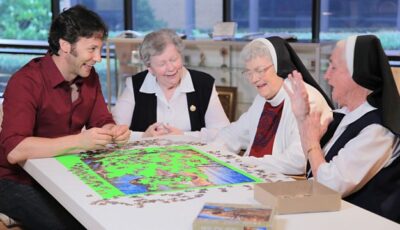
2: What Makes Me? | The Brain with David Eagleman
2: What Makes Me? | The Brain with David Eagleman
David explores how the brain conjures up the world we take for granted. This episode shows how the brain gives rise to thou...
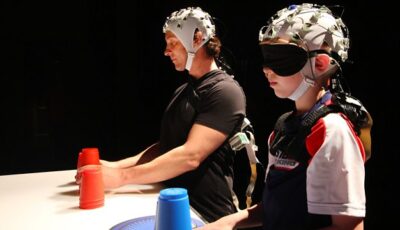
3: Who Is in Control? | The Brain with David Eagleman
3: Who Is in Control? | The Brain with David Eagleman
David explores how almost every action we take, every decision we make, every belief that we hold is driven by parts of...

4: How Do I Decide? | The Brain with David Eagleman
4: How Do I Decide? | The Brain with David Eagleman
This episode takes a journey through the unseen world of decisions, and how they get made.

A Different Brain | Louis Theroux
A Different Brain | Louis Theroux
Louis takes a look at the issues that some of the estimated one million people in the UK living with the long-term effects of a brain injur...

Elizabeth Loftus and Eye Witness Testimony | Mind Changers
Elizabeth Loftus and Eye Witness Testimony | Mind Changers
Claudia Hammond meets Elizabeth Loftus, the psychologist whose research into eye witness testimony and the fallibi...
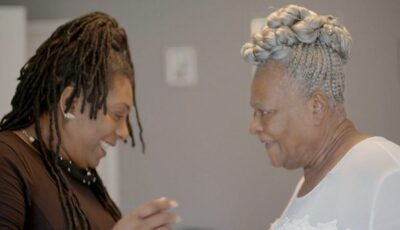
Episode 1 | Dementia & Us
Episode 1 | Dementia & Us
The first in a groundbreaking two-part series following four people with dementia and their families over the course of two whole years.
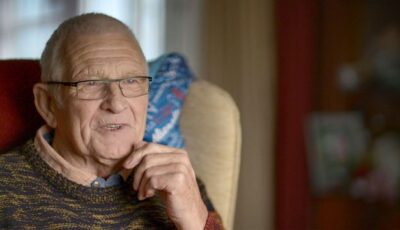
Episode 2 | Dementia & Us
Episode 2 | Dementia & Us
This episode looks at the effects on those with dementia as the pandemic hits and Britain goes into lockdown. As social interaction helps keep the ...

Episode 2 | Eyewitness
Episode 2 | Eyewitness
When bystanders get caught up in a bungled armed robbery and one of them is kidnapped, what effect do weapons and fear have on their memories?

Episode 3 | Eyewitness
Episode 3 | Eyewitness
Having many witnesses to a crime helps the police piece together the facts. But what happens when the only witness is also the victim?
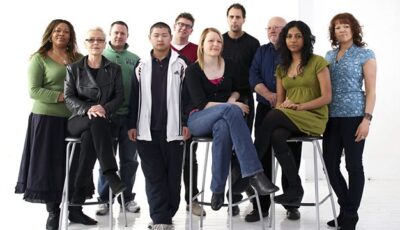
Eyewitness
Eyewitness
In an experiment with the Greater Manchester Police, the problem of eyewitness recollection is dramatically brought into focus.
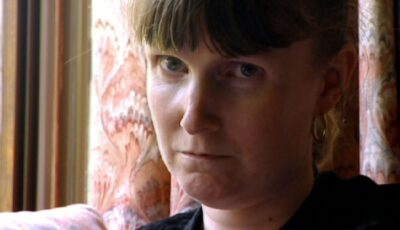
Living without a Memory
Living without a Memory
Debbie, Sally and George are three people who didn't lose their memories gradually, theirs were stolen by illness, almost overnight. This one-off doc...

Loftus' reconstructive memory experiment | Mind Changers
Loftus' reconstructive memory experiment | Mind Changers
Professor Elizabeth Loftus discusses her study about leading questions and memory.
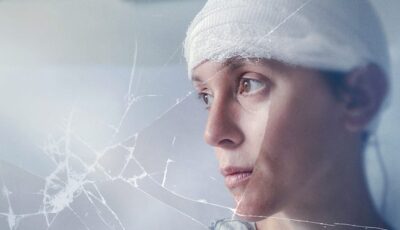
My Brain: After the Rupture
My Brain: After the Rupture
The incredible story of broadcaster, journalist, musician and author Clemency Burton-Hill's recovery following a devastating brain haemorrhage in...

Psychology of The Traitors | Morning Live
Psychology of The Traitors | Morning Live
Dr T join us for The Celebrity Traitors finale preview and explains the psychology behind the decisions the contestants make.

Streetwise | Modern Times
Streetwise | Modern Times
This film looks at the tough training regime undertaken by black cab drivers as they prepare for one of the hardest examinations they will ever take.

The Knowledge | Modern Times
The Knowledge | Modern Times
Follow trainee taxi drivers as they undergo one of the most difficult memory tests, The Knowledge.

Unintentional blindness | Health Check
Unintentional blindness | Health Check
An explanation of how unintentional blindness occurs, for example with the case of the invisible gorilla.

Using Favourite Sporting Memories Therapeutically | Health Check
Using Favourite Sporting Memories Therapeutically | Health Check
Using sporting memories therapeutically; Why oxytocin might help treat anorexia; Therapists' dreams about th...

Vision | The Human Senses
Vision | The Human Senses
Why are humans so good at spotting some things while at other times, cannot see what's right in front of them?
